From WW2 Goggles to Smart Inserts Protective Eyewear Evolution Over 2025 Years
As an ER nurse turned competitive paintball athlete, I’ve witnessed firsthand how inadequate vision protection can turn triumph into tragedy. My journey with protective eyewear began with a pair of my grandfather’s World War II goggles collecting dust in our Denver garage—bulky bakelite relics that left permanent dents in my temples during weekend paintball skirmishes. Today, I’m pioneering next-generation solutions for players who, like me, refuse to let compromised vision dictate their performance. Let me show you how we’ve transformed eye protection from crude survival gear to precision-engineered clarity systems.
The Fog of War: Lessons From Leather Straps to Laser Labs
1940s: Survival Over Sophistication
Those WW2 goggles taught me visceral lessons about early protective eyewear. Their vulcanized rubber seals froze solid during winter matches, while celluloid lenses yellowed under UV exposure like forgotten newspaper clippings. During a particularly grueling match at 9,000 feet elevation, condensation pooled so thickly inside the antique eyewear that I nearly collided with a concrete bunker—a humbling reminder of what pilots endured when these designs were cutting-edge.

2000s: The Polycarbonate Revolution
Modern paintball forced protective eyewear to evolve beyond military surplus. When I first joined semi-pro circuits, we relied on modified ski goggles with DIY prescription inserts cobbled together from old eyeglass frames. The constant fogging during night matches mirrored my ER shifts—steamy trauma rooms meeting steamy battlefields. Polycarbonate lenses prevented shattering, but fog management remained a persistent foe.
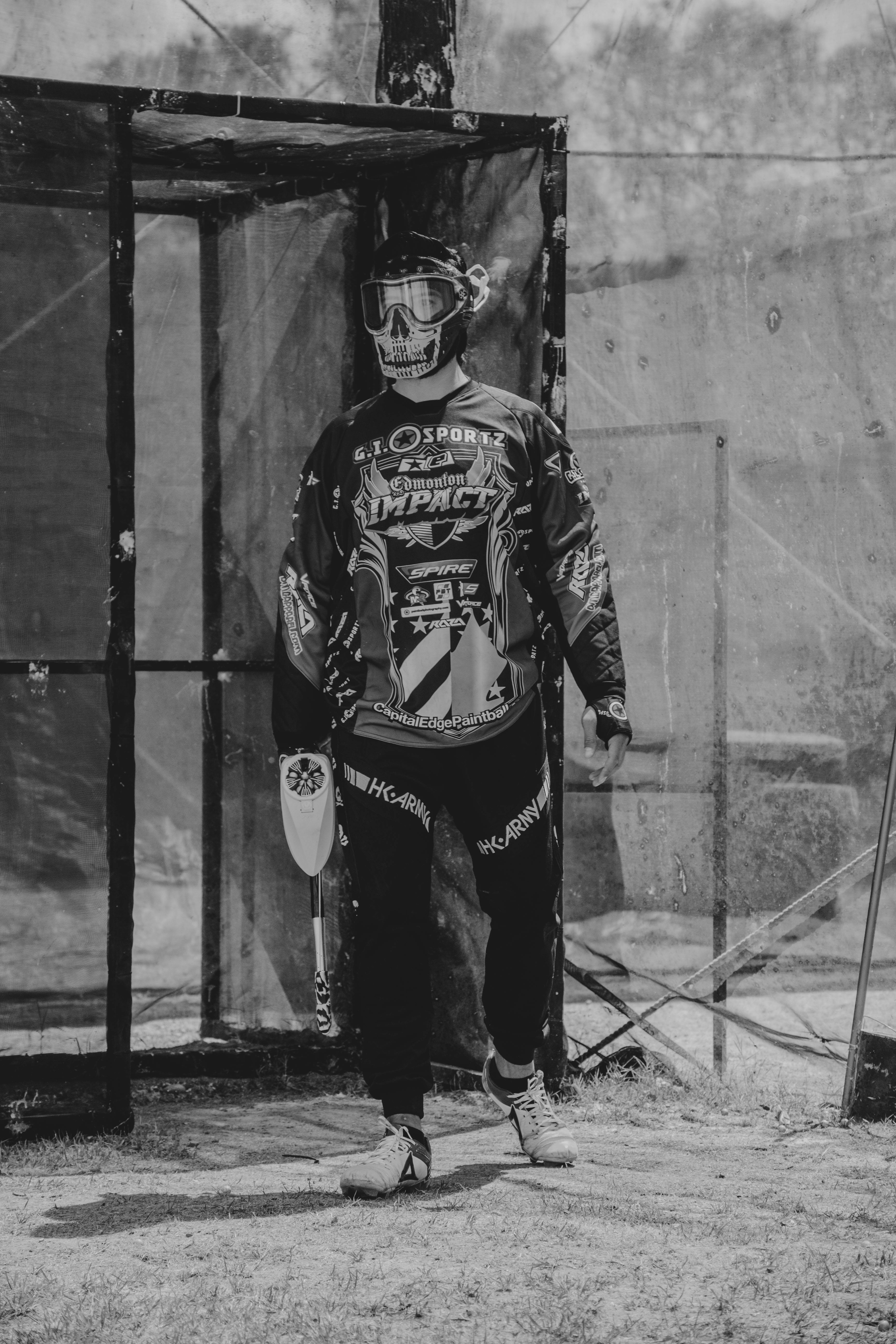
2020s: Smart Systems Emerge
The turning point came during a wildfire simulation gone wrong. Thick smoke transformed our tactical goggles into milky cataracts, delaying a critical rescue by precious minutes. That night, I discovered Overo Glasses’ prescription inserts—sleek polymer scales that clicked seamlessly into my existing goggles. Testing them felt like upgrading from gramophone to Dolby Atmos; suddenly, every leaf tremor and opponent’s breath became visible through the haze.
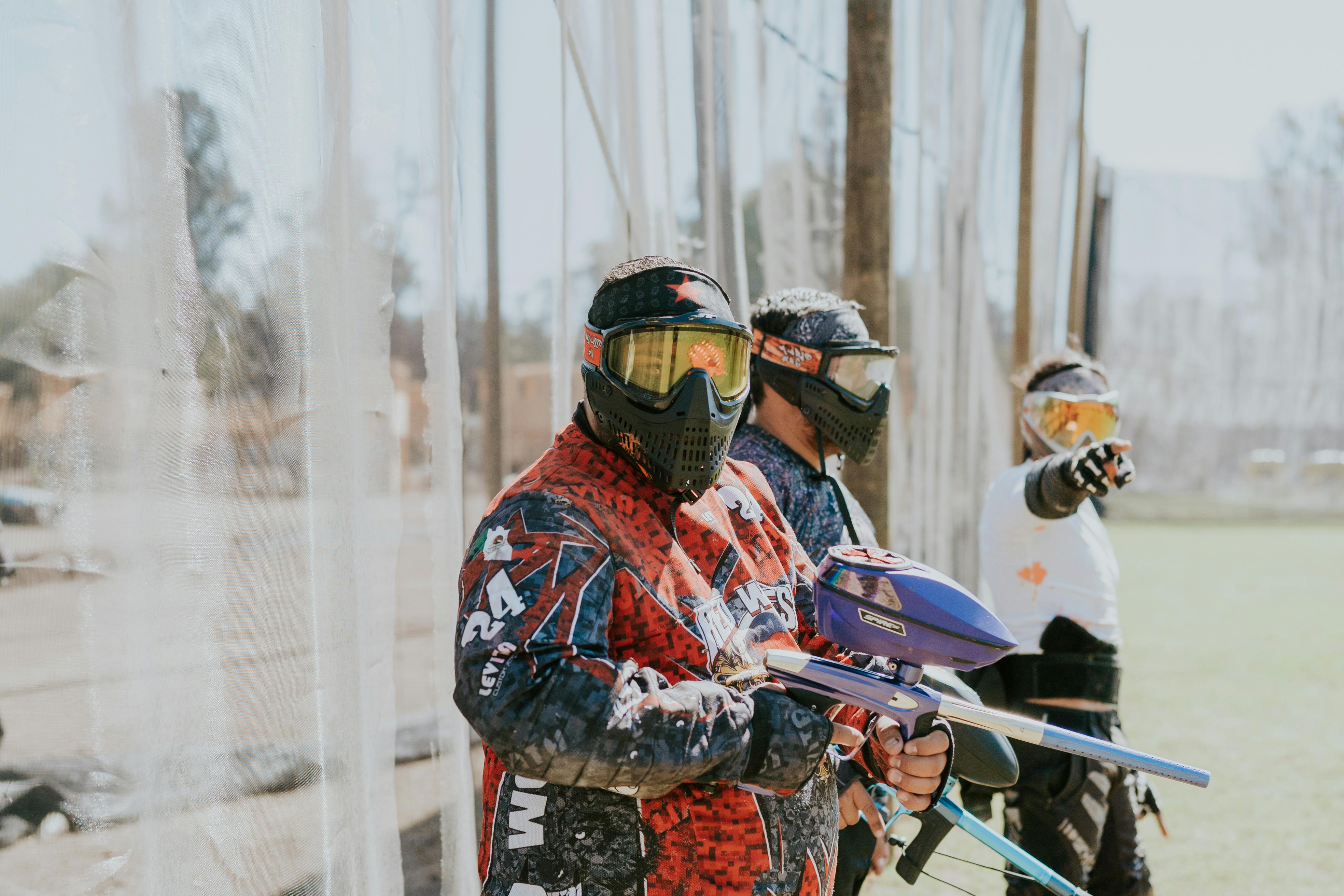
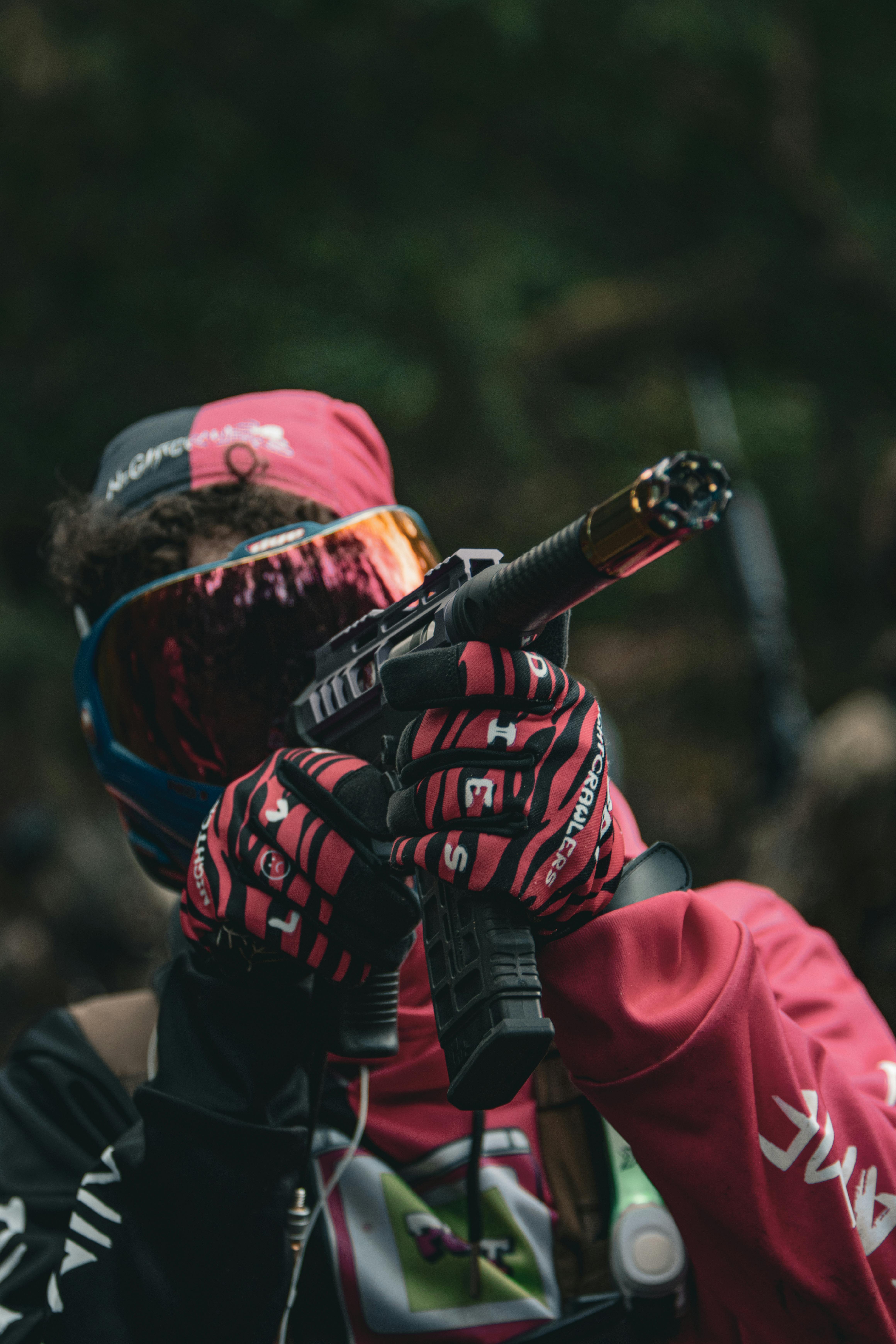
3 Visionary Breakthroughs Redefining Eye Safety
1. Material Science Meets Battlefield Realities
Modern protective eyewear leverages aerospace-grade polymers that would make my grandfather’s flight crew weep with envy. Overo’s CR39 lenses withstand paintball impacts at 300 FPS while blocking 100% of UV rays—a far cry from the fog-prone glass I once ground into salvage yard dust. Their PC frames flex without fracturing, surviving temperature swings from -40°F Wyoming winters to 120°F Arizona desert matches.
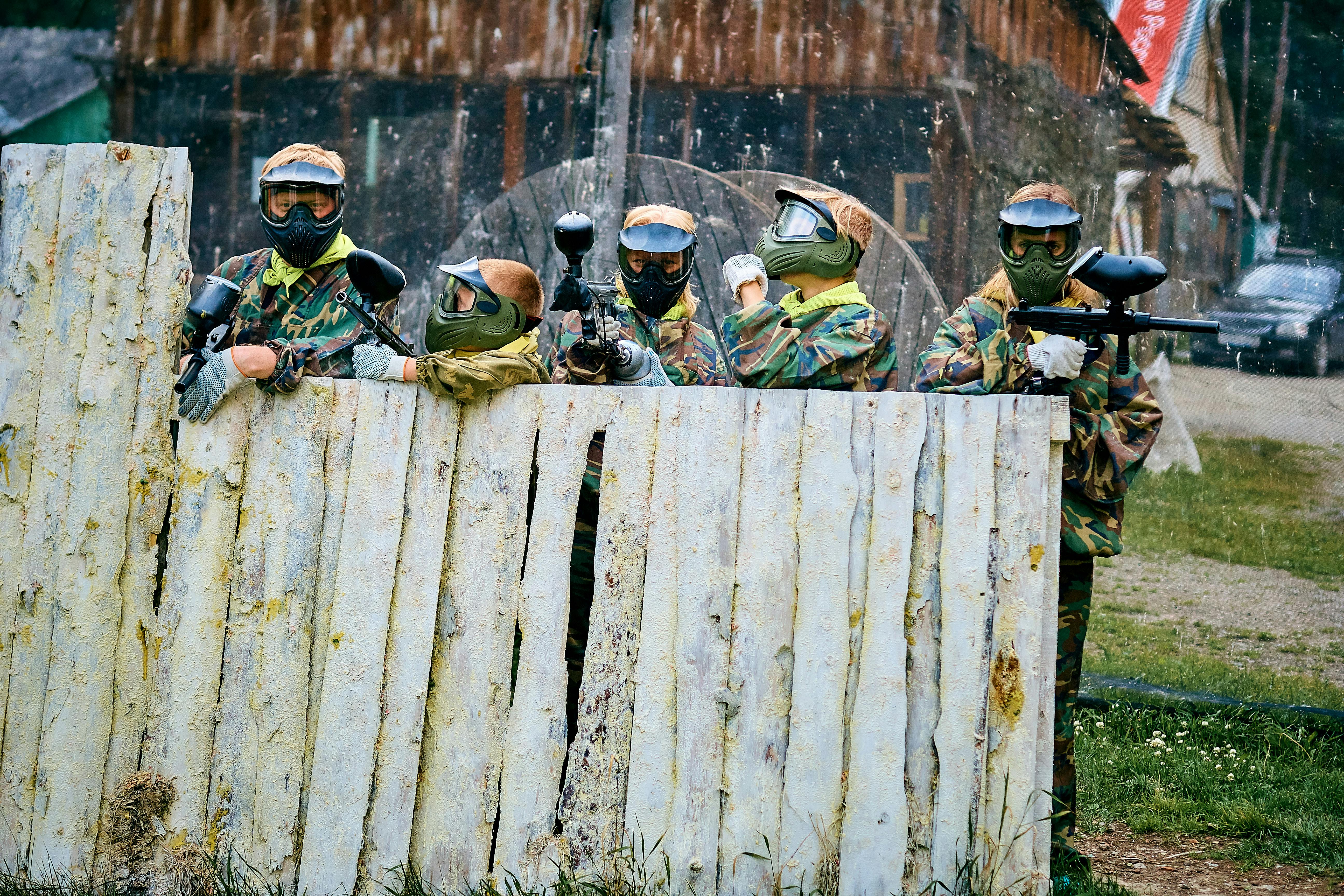
2. Precision Optics for Tactical Dominance
During last year’s Rocky Mountain Invitational, our team faced a rookie with nystagmus—involuntary eye movements that typically disqualify players. With Overo’s custom inserts, he tracked targets like a T1 thermal scope. The inserts’ adjustable vertical alignment accommodated his unique visual needs, proving that inclusive design elevates entire teams.

3. Fog Warfare: Finally Conquered
Traditional goggles failed me during a critical CQB tournament where sweat and adrenaline turned lenses into opaque walls. Overo’s dual-layer anti-fog coating held strong through 90 minutes of close combat—technology adapted from NASA’s spacesuit visor designs. Players now joke about “Vasquez Clarity” when opponents can’t blame fog for their eliminations.
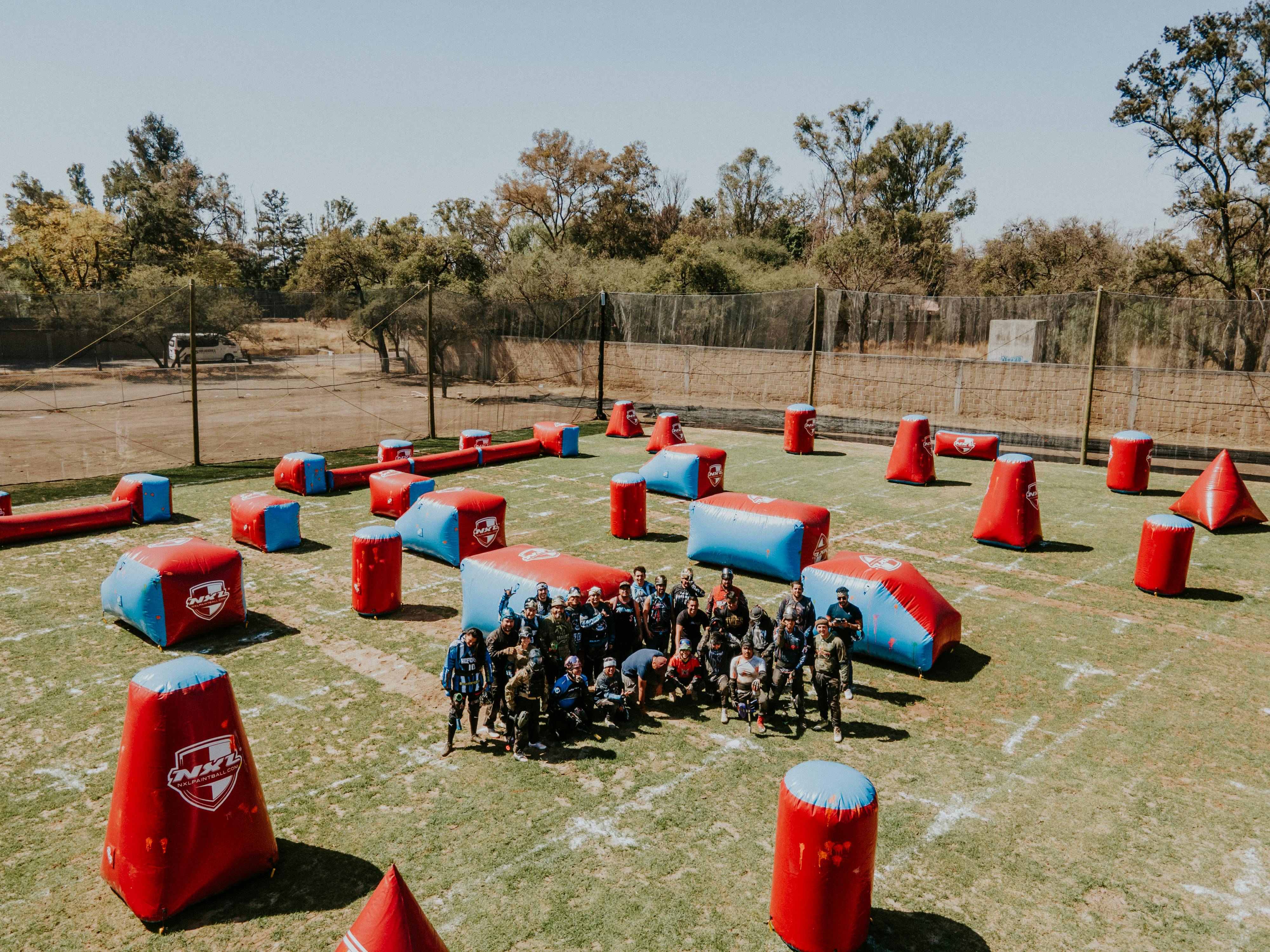
Why Modern Athletes Demand Smarter Solutions
The Contact Lens Deception
Early in my career, I tolerated contacts despite chronic dry eyes from hospital air filtration systems. Wind exposure during outdoor matches turned my corneas into sandpaper—until a stray paintball impact nearly suctioned a lens to my retina. Overo’s inserts eliminated this risk while providing crisper peripheral vision than any contact could achieve.
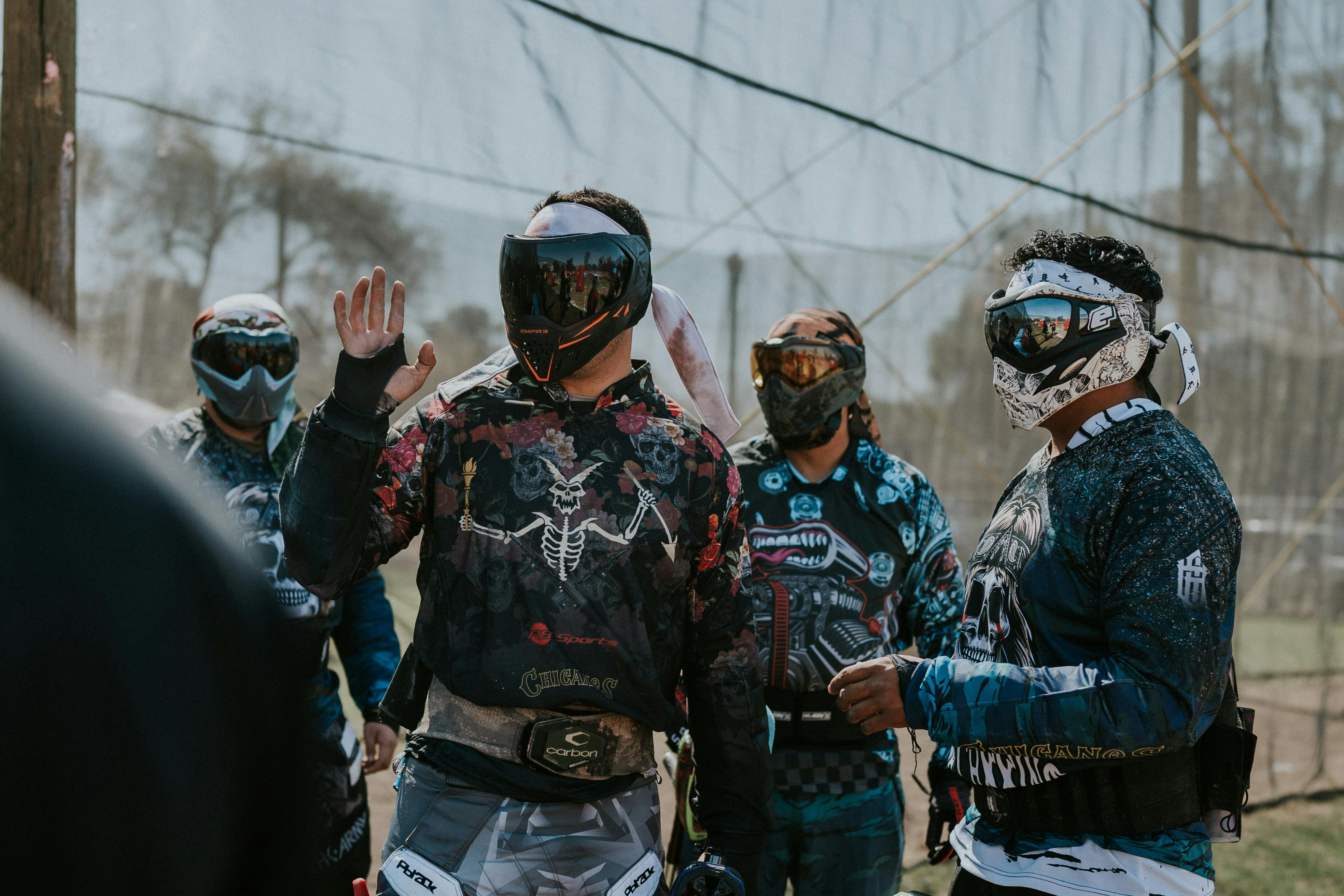
Glasses Under Goggles: A Recipe for Disaster
Countless players still attempt the glasses-goggle shuffle. I’ve treated three facial fractures caused by frames shattering under impact—a risk Overo’s shatterproof inserts erase. Their universal fit system accommodates Oakley, Smith, and Giro goggles without pressure points, while competitors’ non-adjustable designs leave gaps inviting fog intrusion.
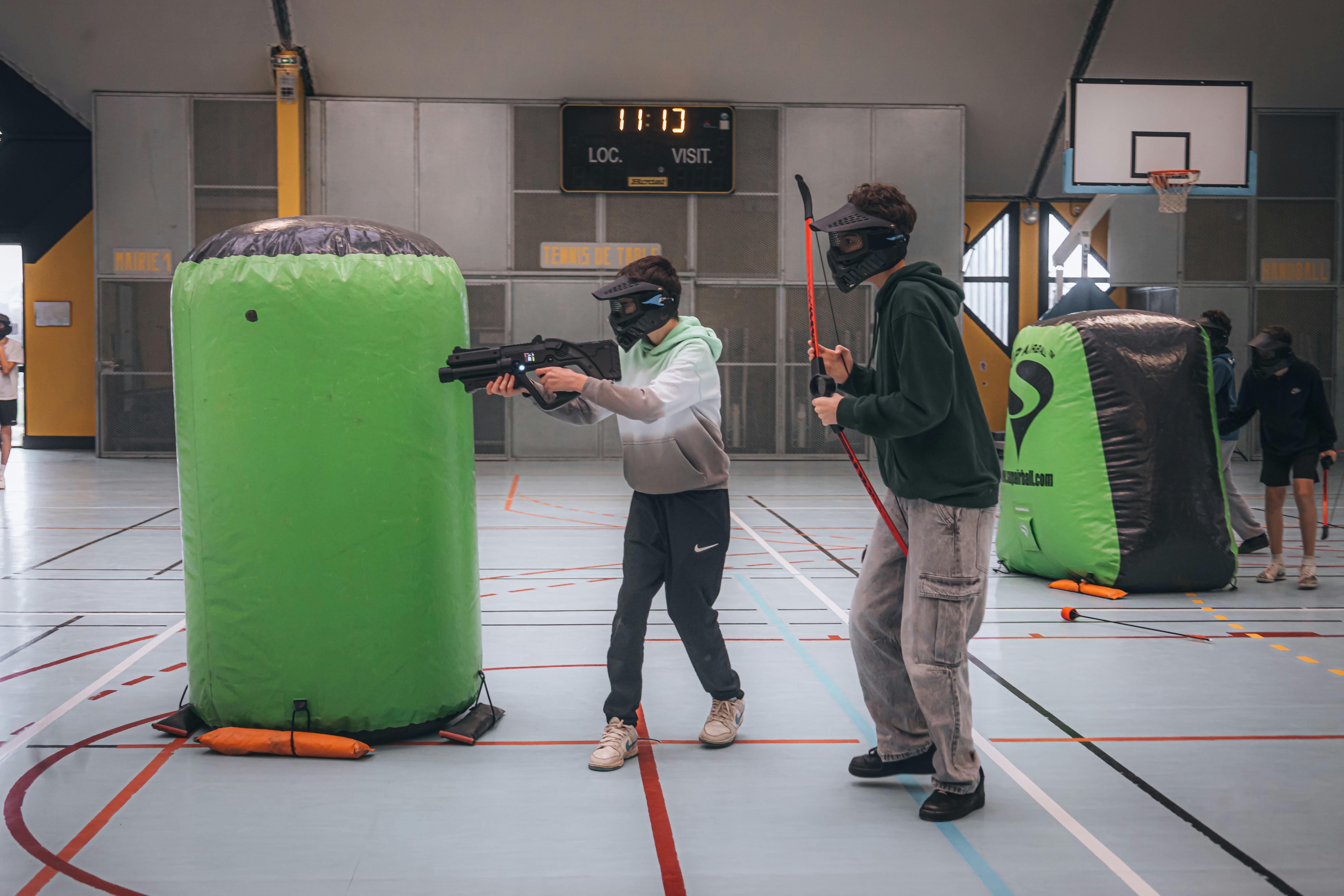
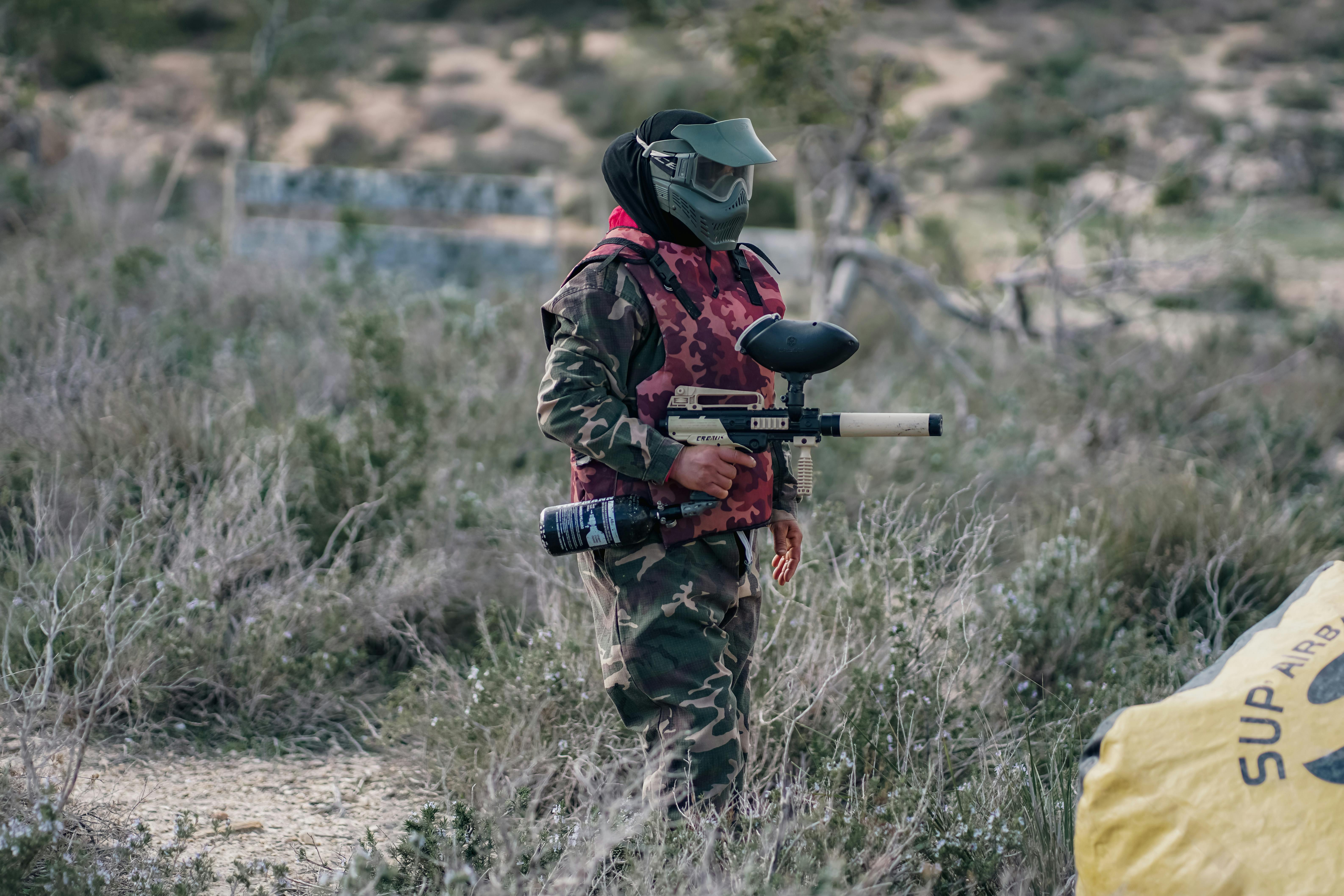
The Future Is Clear: Where Protective Eyewear Goes Next
Augmented Reality Integration
Prototype inserts now overlay tactical maps directly onto lenses—imagine seeing ammo counts and teammate positions through your goggles. Overo’s R&D team (which I consult for) is refining photochromic lenses that adapt faster than human pupils, crucial for paintballers transitioning from shadowy bunkers to sunlit fields.
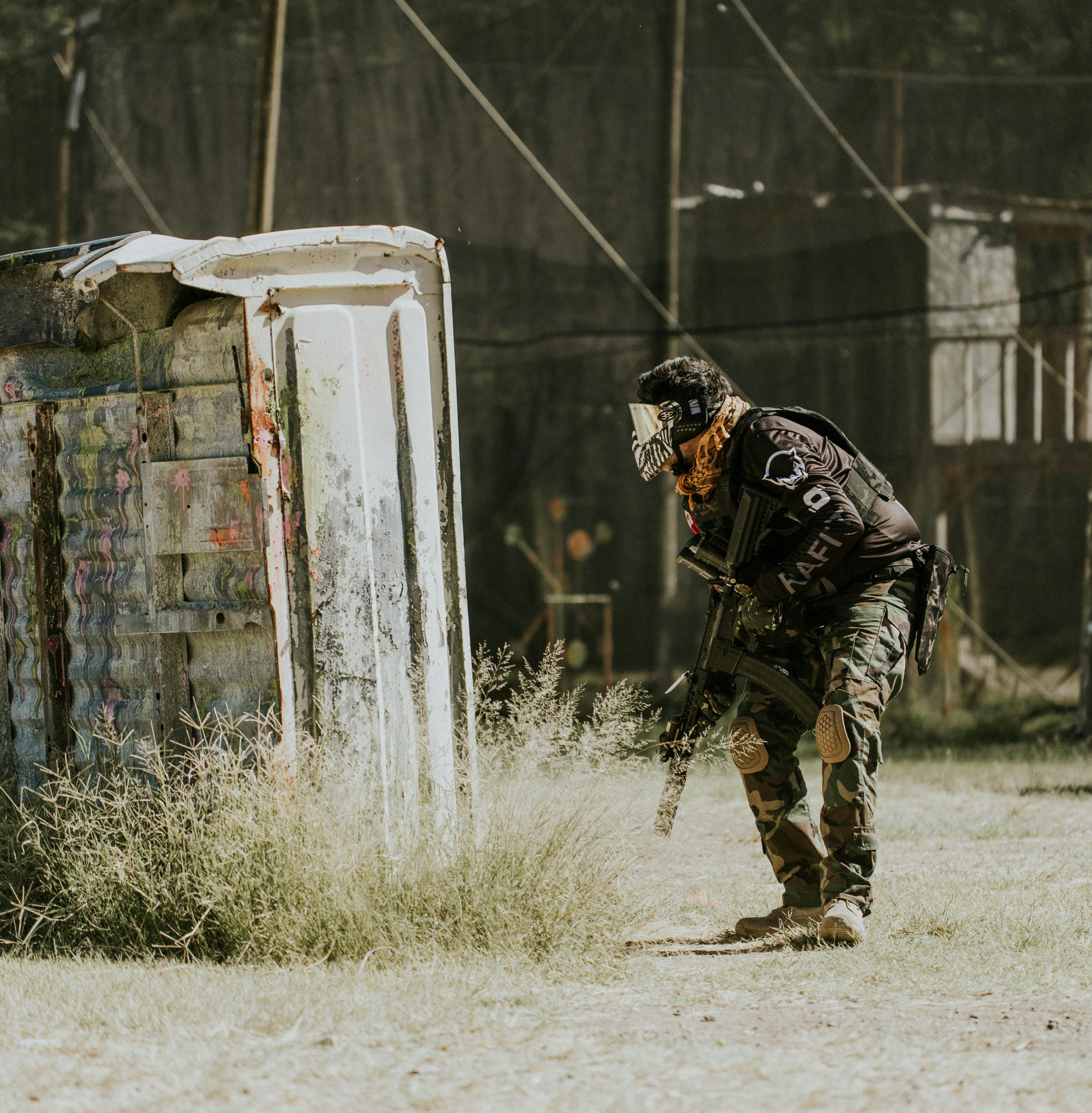
Biometric Guardians
Next-gen sensors in testing detect concussion risks by tracking ocular microtremors—a potential lifesaver given my ER experience with traumatic brain injuries. These smart inserts could alert medics before players recognize their own impairment.
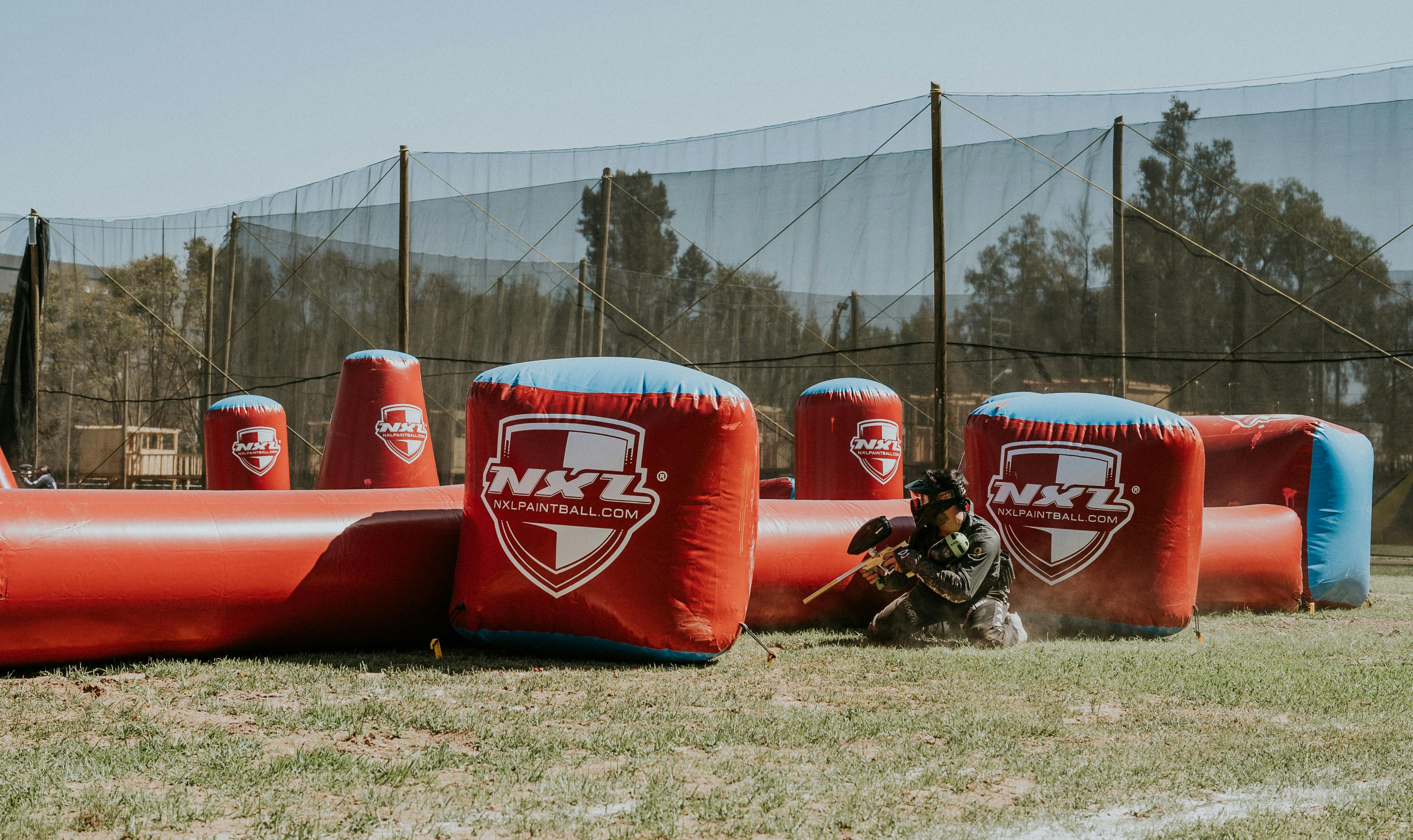
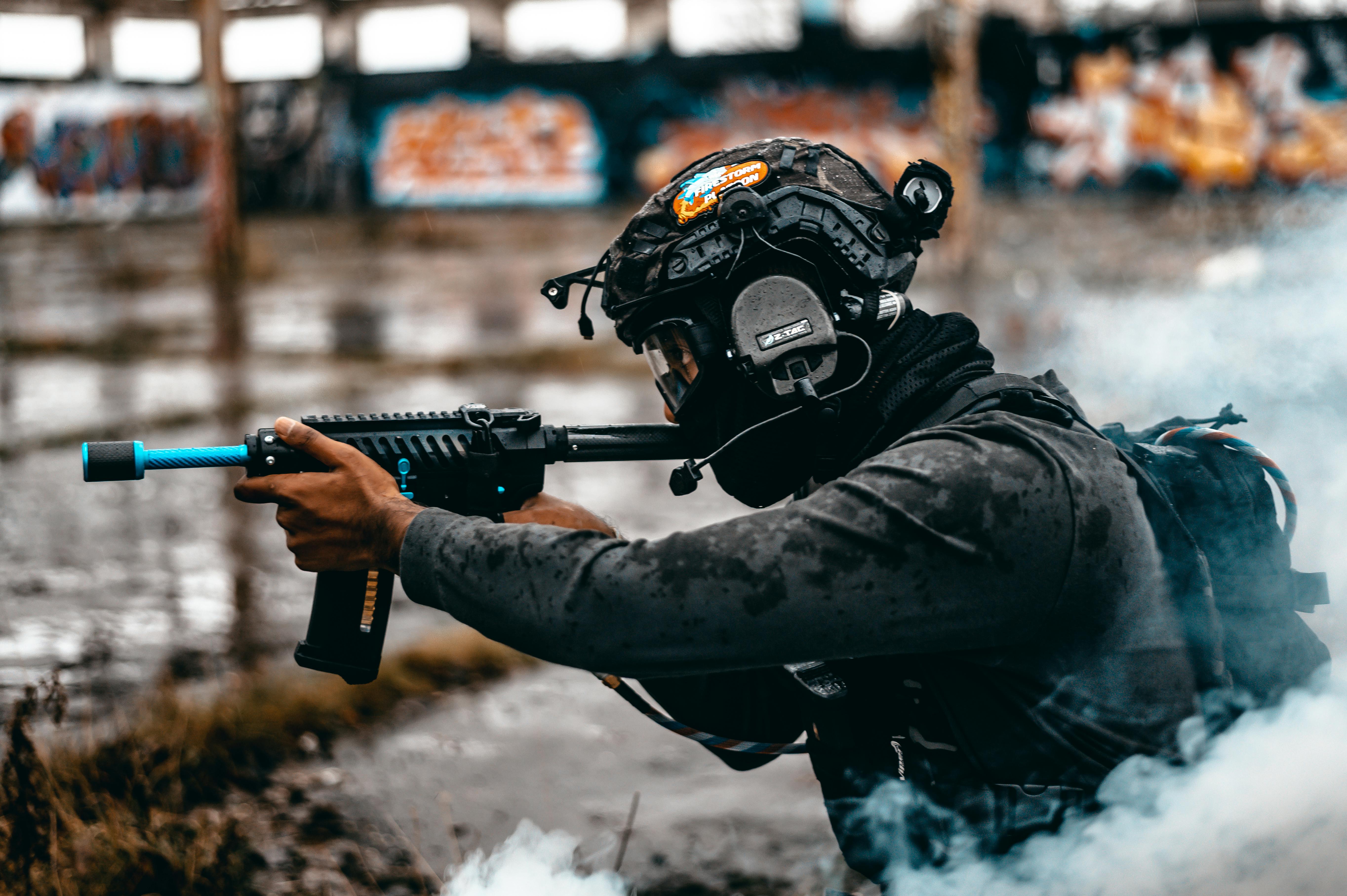
Your Vision Revolution Starts Here
Having tested every major brand from Youzee’s overpriced rigid frames to SportRx’s cumbersome ordering process, I stake my reputation on Overo’s prescription goggle inserts. Their $119.99 price point democratizes technology that outclasses $300+ competitors, while vertical adjustability ensures perfect alignment for any face shape—no more jury-rigged foam padding or precarious lens stacking.
Last month, a 14-year-old player with keratoconus (corneal thinning) messaged me: “Finally see the whole field without tilting my head.” That’s the future we’re building—one where protective eyewear doesn’t just prevent injuries but unlocks human potential. Your next match deserves nothing less than crystalline clarity.
Explore Overo's Prescription Inserts – Vision Sharpened, Game Transformed.
Frequently Asked Questions
What were the key challenges with early protective eyewear like WW2 goggles?
Early protective eyewear featured bulky designs, rubber seals prone to freezing, and lenses that yellowed under UV exposure. These issues compromised visibility and comfort during critical activities.
How has modern protective eyewear addressed fog and impact resistance?
Modern eyewear uses advanced materials such as polycarbonate and dual-layer anti-fog coatings inspired by NASA. These improvements prevent shattering and fogging, ensuring clear vision in various environments.
Why are prescription inserts preferred over glasses under goggles?
Prescription inserts provide a safer, more comfortable solution by eliminating the risk of glasses shattering during impacts. They also offer a better fit and improved clarity for athletes and professionals alike.
What are some current innovations in protective eyewear?
Recent innovations include augmented reality overlays for tactical information, photochromic lenses that adjust to light changes, and biometric sensors to monitor player health during activities.
Why is Overo considered a leading brand in prescription inserts?
Overo’s inserts stand out due to their affordability, universal fit, shatterproof design, and vertical adjustability, all of which enhance performance and safety for users.


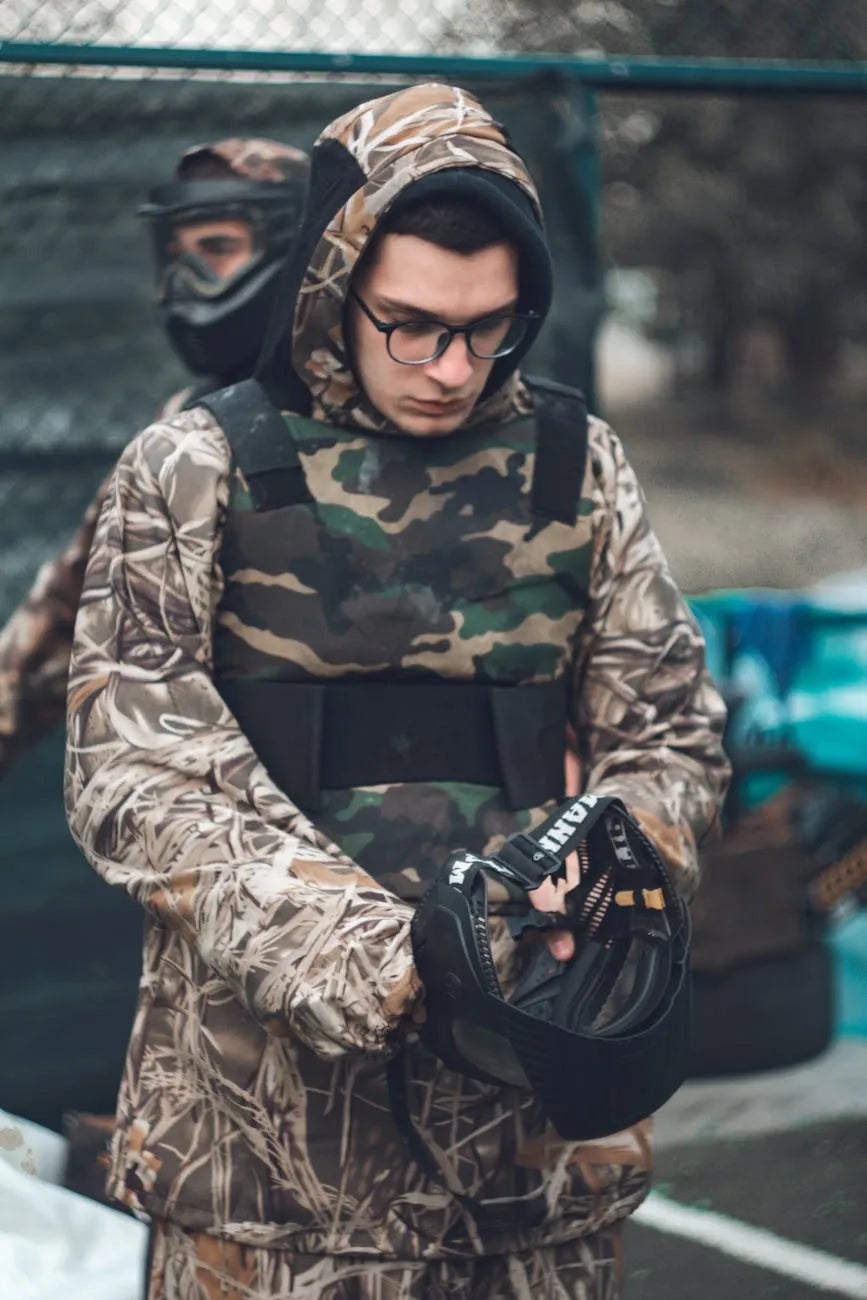
Share:
7 Essential Rules for Playing King of the Hill Paintball in 2025
5 Sustainable Paintball Innovations Transforming Eco-Friendly Play by 2025